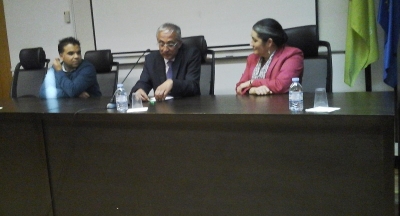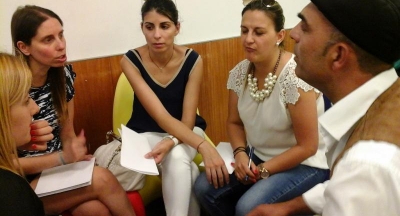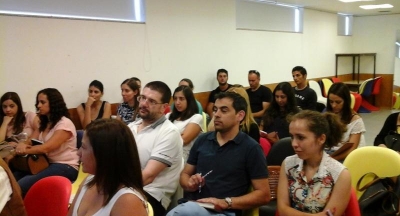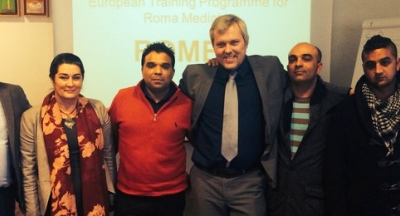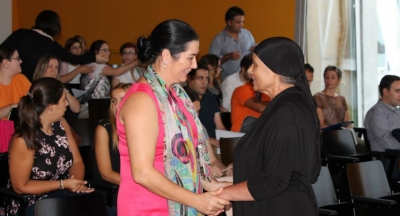Barcelos
Portugal Country Findings of the external evaluation by Blomeyer and Sanz s.l. available in Portuguese and English.
*Disclaimer: The information and views set out in this page are those of the author and do not necessarily reflect the official opinion of the Council of Europe and/or the European Commission. Neither the Council of Europe, the European Commission nor any person acting on their behalf may be held responsible for the use which may be made of the information contained therein.
Barcelos is a city and a municipality in Braga District in the Minho Province, in the north of Portugal. The population in 2011 was 120 391. It is one of the growing municipalities in the country, and is well known for its textile industries. In Barcelos, the Roma communities live scattered in five Roma camps in the rural parishes councils in the county (Lagoa Negra, Arcozelo, Barqueiros and Fornelos) around 15 kms from the city center. Most of them live in wood shacks, but for the greater part owning the land on which they settled. Nevertheless, Roma families cannot start building proper houses on these plots since the area was declared an ecological reserve. Furthermore, the infrastructure in the area is virtually non-existent or in a very bad state: roads are unpaved, electricity is shared among users in unsafe conditions, there is no sewage system nor public transport. Most families have access to clean water either by connection to the water system and wells, or by supplying from public fountains installed by the Parishes of their settlement.
While many Roma in Barcelos rely on social welfare, some members of the community are specialized in handicrafts (mainly wicker baskets) and street commerce.
In 2014, four Roma women were employed by the local school (working as operational staff in the school canteen).
There are two evangelical churches in direct contact with the Roma community in Barcelos: “Filadelfia” church and “Christ for All”. The strong connection of the Roma community in Portugal to the evangelical church has had a tremendous impact at sociological level and the church is usually the most important public area in the communities. In Barcelos, while “Filadelfia” church is based in acceptable premises, “Christ for All” is based in a barrack, which for the community is an inconvenience and a priority to address. Besides the two churches, the Abel Varzim Social Centre also leads projects at local level for the improvement of the living conditions of the Roma in Barcelos.
The Community Action Group in Barcelos is formed of a core group of 10 persons, with more Roma people attending irregularly the meetings of the CAG. All the five Roma settlements are represented in the CAG, with most of the members being of Evangelical faith. Only one woman participates on a regular basis, however young people tend to participate more as the average age of the group is situated at around 30. The level of education rarely goes beyond primary schooling.
Related articles: 19/11/2015 - Session on Roma Culture for municipality staff in Barcelos
Short-term priorities
- Improvement of the road infrastructure in the Lagoa Negra settlement;
- Volunteer to spread the gravel on these streets as a temporary solution in case the municipality provides the material;
- Repair the premises/or provide a different location for the “Christ for All” church;
Long-term priorities
- Improvement of the road infrastructure in the Lagoa Negra settlement;
- Employment of Roma women in the school canteen (achieved);
The municipality hired four Roma women to work as operational staff in the school for a period of one year. According to school representatives, the work of the personnel is highly appreciated.
In Barcelos the 1st proposal will be implemented after June of 2015, the primary school near the Roma camp will be the Roma cultural centre, spaces for the evangelical church and for other activities.
The work cycle of the second proposal has already started, the proposal aims to improve the access and infrastructure of a Roma camp.
The majority of CAG members live in very modest conditions with low level of education. The success of this CAG depends on the municipal mediator, Miguel Monteiro´s ability to mobilize and motivate the group.
We must also highlight the effort of Councilor Ms. Armandina Saleiro and her deputy Nuno Oliveira, who are committed to developing the ROMED process.

